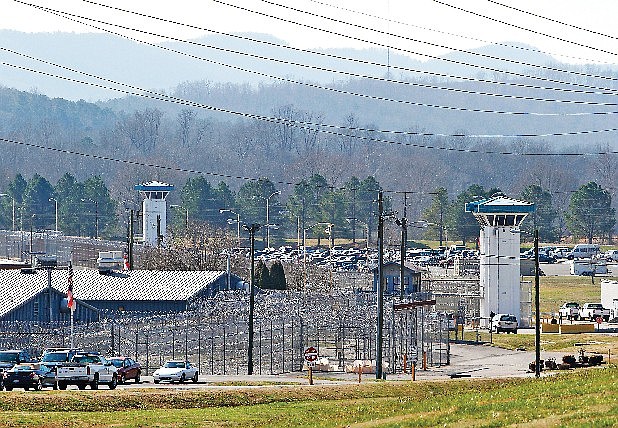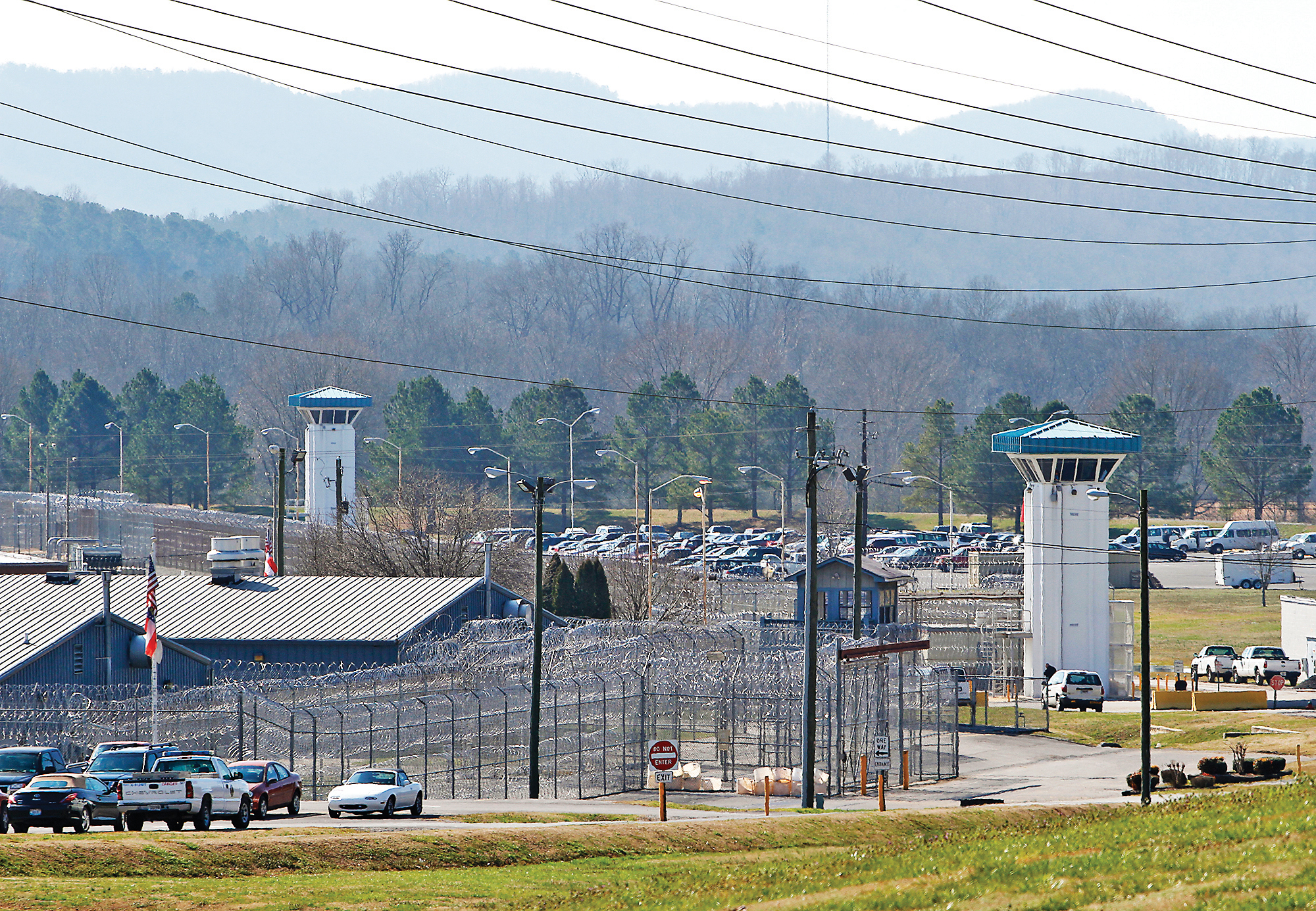A civil rights group wants the U.S. Department of Justice to investigate the violence in Georgia's prison system.
Members of the Southern Center for Human Rights will send a letter to the federal agency Monday along with a report the group released this week: "The Crisis of Violence in Georgia's Prisons." The report details an increase in homicides inside the state's prisons in the past four years, as well as how the government can make these prisons safer.
In particular, the center zeroes in on Hays State, the Trion, Ga., prison where three inmates were killed in a month's time beginning on Dec. 19, 2012.
"We just can't tolerate this level of trauma and violence in our state institutions," said Sarah Geraghty, an attorney with the center.
Since 2010, Georgia inmates have killed 33 fellow prisoners and one officer. By comparison, according to the Bureau of Justice Statistics, only four states saw more homicides in their prisons during a 10-year stretch beginning in 2001.
For the past three years, the center for human rights has sent letters to Georgia Department of Corrections Commissioner Brian Owens, asking how the department plans to curb violence. Geraghty said nobody from the department has responded to any of those letters.
"Not a single response, letter or a phone call," she said.
A spokeswoman for the corrections department did not respond to multiple calls and an email seeking comment for this article Wednesday and Thursday.
If the U.S. Department of Justice decides to examine Georgia's prisons, its investigators could send the corrections department a letter detailing what specifically needs to change. If the letter is ignored, the Attorney General could file a lawsuit in federal court.
In its report, the center for human rights argues that Georgia prison officials have a constitutional obligation to protect inmates. In 2013, 21,000 inmates were released from prison. The center says frequent exposure to life-threatening violence disrupts any chance the corrections department has of preparing these inmates for life after prison.
"When they are released they should be ready to be productive members of society," Geraghty said. "Conditions like this do not help rehabilitation. On the contrary, violent prisons teach and breed violence."
Among the list of problems within Georgia prisons, the center points out a couple of issues seen at Hays State. First, the civil rights group says too many inmates are getting access to cellphones.
The families of Hays State homicide victims say other inmates called them with cellphones smuggled into the prisons. These inmates demanded money from these family members, threatening to kill their loved one if they didn't get paid.
Gloria Rodriguez, the girlfriend of Derrick Stubbs said inmates texted her pictures of them choking Stubbs with a T-shirt and holding a shank to his head. They demanded $300 from Rodriguez and later beat her boyfriend to death. He was one of the three inmates to die in the wave of violence at Hays.
The center for human rights also said in this week's report that prison officials have not done enough to ensure that locks on cell doors are secure. At Hays State, annual audits from 2008-12 showed that inmates could easily open these locks and roam freely inside the buildings.
The Hays State warden was replaced in the weeks after the killings, and corrections officials said a new locking system was installed by mid-summer.
Geraghty said the federal government still needs to step in.
"We cannot eliminate all violence," she said. "But we can take steps to reduce it. ... (The GDC's response) is an abysmal failure."
Contact Staff Writer Tyler Jett at 423-757-6476 or at tjett@timesfreepress.com.

